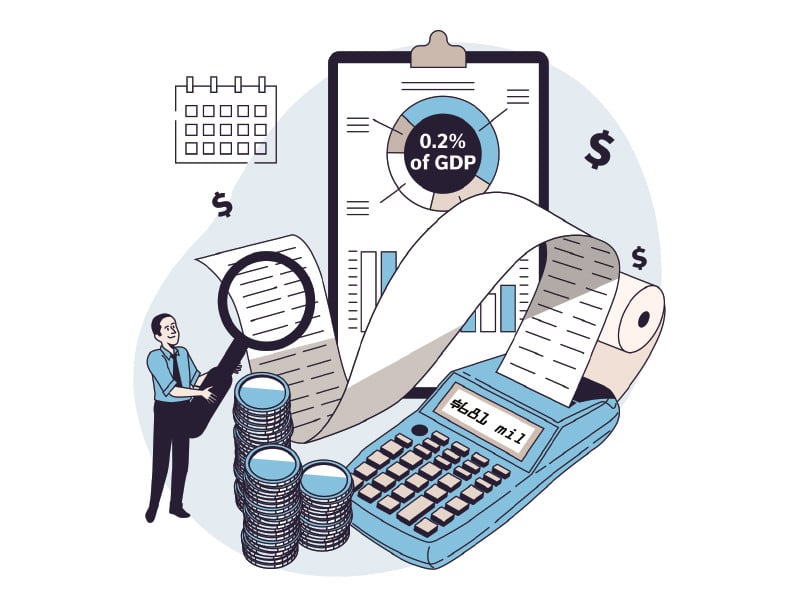By Salman Siddiqui
Published in The Express Tribune on April 14, 2022
KARACHI: The workers’ remittances received by Pakistan hit an all-time high of $2.8 billion in March, extending support to foreign exchange reserves and rupee against the US dollar.
“This is the highest ever monthly level for workers’ remittances,” Pakistan’s central bank reported on Thursday.
Cumulatively, the remittances have risen to $23 billion in the first nine months of the current fiscal year 2021-22, up by 7.1% over the same period of previous year, it added.
Historical trends suggested that overseas Pakistani sent record high remittances during the month of Ramadan and Eid festivals every year, according to experts.
With the latest inflows of $2.8 billion, the workers’ remittances continued their unprecedented run of remaining above $2 billion since June 2020, the State Bank of Pakistan (SBP) said.
In terms of growth, during March 2022, remittances increased 28.3% on a month-on-month basis compared to February and up by 3.2% compared to March 2021.
Remittances inflows during March 2022 were mainly sourced from Saudi Arabia ($678 million), United Arab Emirates ($515 million), United Kingdom ($401 million) and United States of America ($300 million), the central bank said.






